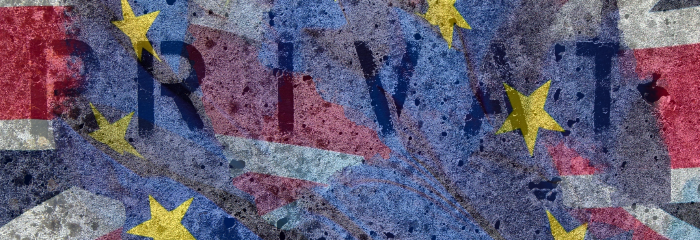Late last year, the UK Parliament passed the Investigatory Powers Act 2016. This law builds on the Regulation of Investigatory Powers Acts and the Data Retention Laws. This law allows the Government to store all our electronic communications traffic, read the content and meta data and co-opt the product and service vendors to help them. I describe this in more detail below.
The Law was written in the aftermath of Court of Justice of the European Union’s (CJEU) ruling in the Schrems vs. Facebook case that the EU’s Data Retention Directive and hence the member state implementations were in contradiction to the EU’s human rights law, the Charter of Fundamental Rights. Parliament had considered aspects of these proposals twice before under the two previous administrations and rejected them.
This article looks at the new Law, criticises it on Human Rights grounds in that it jeopardises the right to privacy, the right to organise, the right to a fair trial and rights to free speech and on IT Security grounds in that the new regulation of encryption products jeopardises access to electronic trust and privacy. It also examines the likely impact of the recent CJEU ruling on the legality of its predecessor law, and in passing, likely conflicts with last year’s passage of the General Data Protection Regulation (GDPR) by the European Union. …

